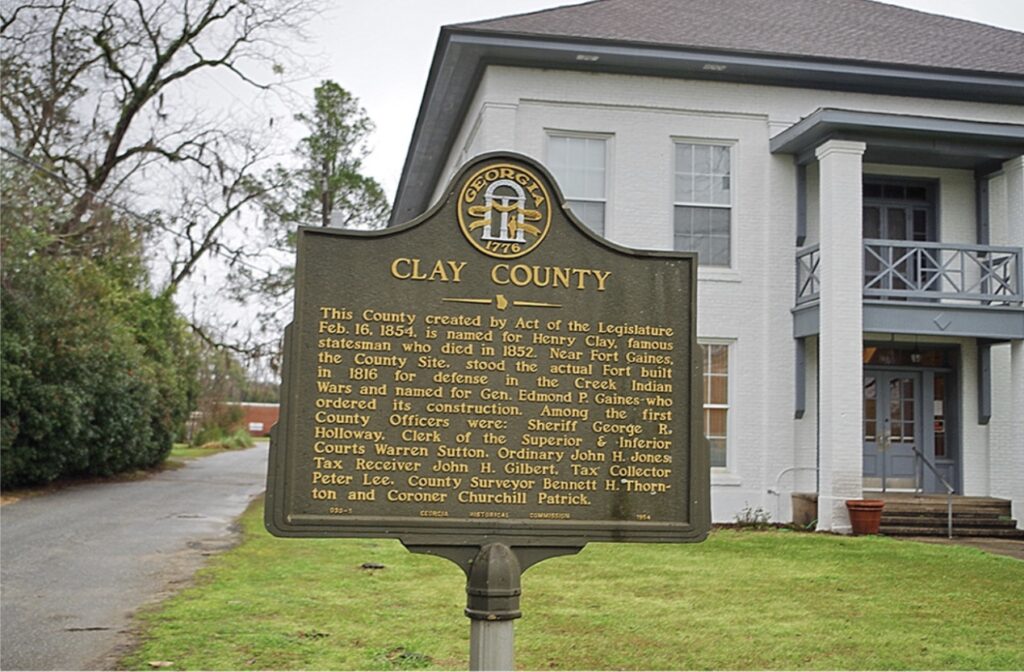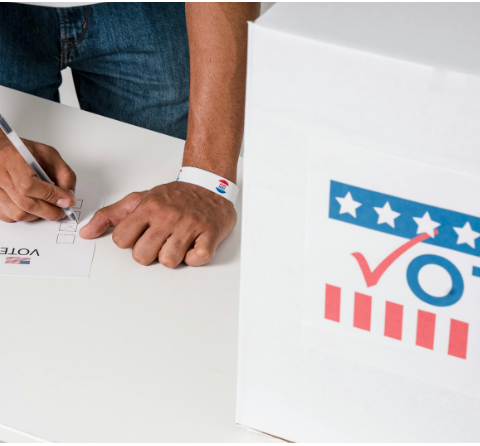By: Ellie Romweber

Legal gaps and their impact
“A lot of people feel shut out, like no one wants to help them, like no one cares about them,” said Tara Vogel, an attorney with experience in the Georgia Legal Services program, where she works with individuals who are underrepresented in the legal system. In Georgia, this sense of isolation is reflected in the numbers as well: 65% of the state’s population lives in the 154 counties outside metro Atlanta, yet only 30% of Georgia’s lawyers serve them, according to the American Bar Association. Additionally, 25% of the state’s 159 counties have five or fewer lawyers, leaving thousands of Georgians in each county unrepresented. The lack of attorneys in these counties serves as a significant barrier to legal representation for rural Georgians, who are often lower income than their counterparts in the Atlanta area. The shortage of lawyers affects their ability to access legal help for crucial civil matters such as divorce, eviction, and debt.
Under the ruling of the Gideon v. Wainwright (1973) case, defendants have a constitutional right to counsel in criminal cases, upheld by the Due Process clause of the Fourteenth Amendment (Gideon). However, this right does not apply to civil cases, leaving civil defendants without public defenders. Although the liberty of the defendant is not at stake, there are still life- altering issues at risk such as custody of children, the defendant’s businesses, homes, and financial livelihoods.
When facing eviction, only 4% of tenants are represented by a lawyer, compared to 83% of landlords, highlighting the stark contrast between those who can afford legal representation and those left to navigate the system alone. Individuals who cannot find representation in civil cases often write their own pleadings without any legal background or experience with the justice system, reflected in the statistic that an estimated 3 out of 5 people in civil cases go to court without a lawyer. A lack of civil representation often leads individuals to miss court appearances, worsening their situation and straining the court system, with tenants unaware of federal eviction programs being particularly vulnerable to eviction. On a more personal level, the stress of navigating the legal system falls on the civil defendant when they cannot find access to representation, only adding to the chaos of one of the most presumably stressful experiences of their lives, with custody, estate, or financial issues at stake.
Why rural Georgia?
Legal gaps are most prominent in rural communities in Georgia due to a variety of factors, impacting the draw of attorneys to the region. Urban migration towards Atlanta has caused attorneys to flood to the city, as the more densely populated region holds increased potential for cases. As John Gee Edwards articulates in a Georgia State piece, “there is not enough business to sustain a large number of attorneys” in rural Georgia counties. Underlying this economic draw is the reality of high student loan debt that many recent law school graduates face, as the average law school graduate leaves with $130,000 in student loan debt. This financial burden forces many graduates to pursue higher-paying jobs in urban centers, deepening the disparity in legal representation between cities and rural communities.
Another barrier for representation in rural communities is the lack of technology in the regions, limiting the access to information or communication with potential attorneys outside of the areas. Rural areas of Georgia face a severe broadband issue, meaning they lack access to high speed internet and connectivity that is necessary to communicate virtually. In low income areas of rural Georgia, a shortage of funding for technological advancement contributes further to the lack of connectivity to resources. Individuals do not have the access to information about the courts that they need to compensate for the lack of representation they face, and resources such as library services are often understaffed.
Additionally, residents of rural Georgia are disproportionately low income, making it financially difficult for them to travel to other areas to find representation, and afford the representation that they can locate. All of these factors lead to a shortage of lawyers and access to legal information in rural Georgia counties, while metro Atlanta counties have an attorney on seemingly every street corner.
Current solutions
Despite the complexity and severity of the legal gaps in rural Georgia, there are current efforts that are attempting to address the legal access issues in rural counties. The Supreme Court of Georgia formed a regulatory committee to address access to justice in rural areas, with Chief Justice Boggs urging new lawyers to “pay it forward” through pro bono work. Local resources, such as the “Filing without an attorney” page of the Middle District of Georgia website, offer free guidance to defendants, particularly in counties impacted by limited access to legal representation.
Pro bono organizations in Georgia have been working to combat the legal gaps by offering pro bono and free legal services to qualifying defendants, including those involved in civil cases. The Georgia Legal Services Program specifically provides free civil legal help to Georgians outside of the metro Atlanta area, addressing the legal gaps in rural counties. Although the work of these pro bono organizations has touched a lot of individuals, their resources are limited and they face substantial funding issues that need to be addressed in order to expand their impact.
North Dakota’s 2013 Rural Attorney Recruitment Program, which incentivized recent law graduates to settle in rural areas through financial rewards, has been successful and could serve as a potential model for a similar program in Georgia. A similar bill was proposed in Georgia in 2015 to offer debt forgiveness on school loans for recent law school grads who practiced in local areas, but the bill never made it to the floor of the General Assembly.
Bridging the gap
While solutions such as pro bono legal organizations and rural placement programs address a portion of the legal gap issue, a multi faceted solution is required to truly bring greater access to justice to rural Georgia. One possible program that could aim to address the access to justice would be the introduction of “Legal Paraprofessionals” into the state court system, allowing non lawyers to practice law with the supervision of a registered attorney. Alternatively, increased funding to local resources such as online legal databases, videos, or forums can provide higher quality information to defendants representing themselves in civil trials.
Generative AI has the capability to help defendants without legal experience write their own pleadings in an efficient manner, presenting the issues in a way that aligns with the process of the court system. Generative AI has the promise of being an affordable alternative to traditional legal consultation from an attorney, and more concise pleadings from defendants would surely alleviate some of the efficiency issues at the civil court level.
A linear solution is not sufficient to address the large legal gaps in rural Georgia, and it will likely require a combination of these approaches to achieve sustained change. Although the barriers to access are steep and it is a complex issue, advancements in technology and further public awareness of legal access issues demonstrate some promise in working to bridge the legal gap.

